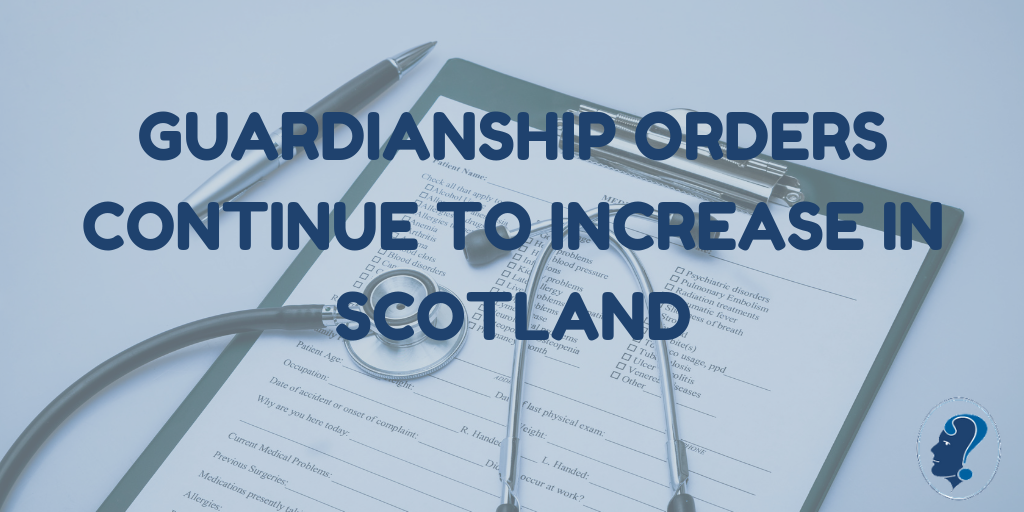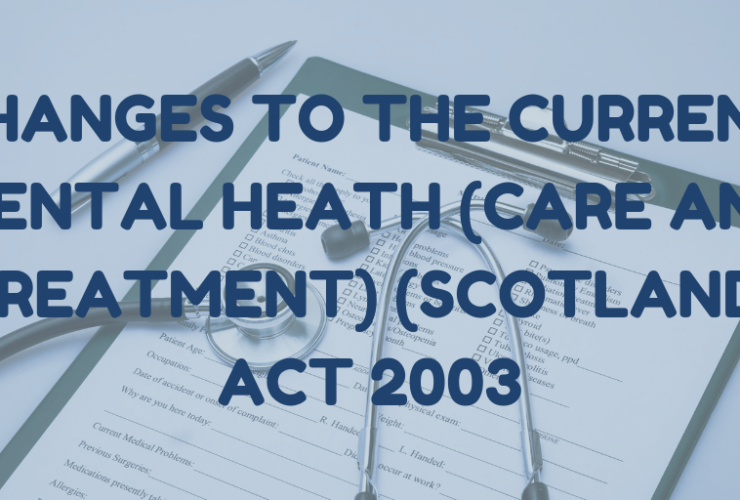A recent report by the Mental Welfare Commission shows that the use of guardianship orders has increased in Scotland, as has been the case in recent years. These orders are generally used to protect those who lack the capacity to make their own decisions, placing the emphasis on a guardian (usually a relative, carer, or friend) to ensure that their rights and wishes are protected and respected.
New statistics reveal that that the number of existing guardianship orders is up by 12% since 2016-17 and now stands at a new high of 13,501. This is coupled with a rise in the amount of guardianship applications in Scotland in general.
Complex legal processes
The majority of all guardianships are related to either a learning disability (45%) or dementia/Alzheimer’s disease (41%). Interestingly, Mike Diamond, an executive Director at the Mental Welfare Commission, noted that the ‘continued steep rise in guardianship applications is concerning,’ because ‘it is a complex legal process and takes up a considerable amount of time for care professionals, particularly mental health officers.’
While he does mention that most relatives find guardianships helpful, it does create a complex situation that involves detailed assessments, and a variety of expert opinions, many of which require extensive corroboration. This process can take a while and is often fraught with legal implications – mostly concerning patient assessments and documentation surrounding any eventual incapacity.
Outcomes of the report
There have been many calls to reform the Adults with Incapacity Act, and this debate will continue to be relevant as the Government, in conjunction with the NHS and other regulatory bodies, seeks to protect the rights of patients who lack mental capacity. Furthermore, the report places a renewed emphasis on the role of medical practitioners and psychiatrists, who need to be able to provide reports, often at short notice, if they are to keep up with the growing number of guardianship applications made each year.
Please refer to the full report by the Mental Welfare Commission for more specific details about the findings.
Guardianships
We have experts who provide comprehensive and efficient incapacity assessments for Welfare and Financial Guardianships under the Adults with Incapacity Act, having provided in excess of 230 guardianship assessments last year in Scotland. We are aware of the statutory timescales and thus provide the flexibility to turn around reports within tight deadlines. We can usually assess clients wherever they are based, including care homes, hospitals and home visits. Contact us today for more information about this.


